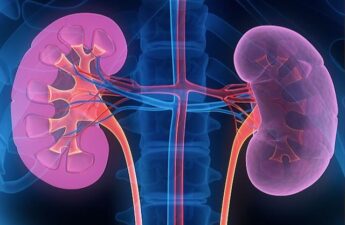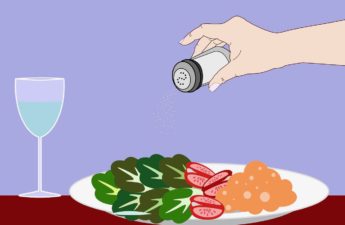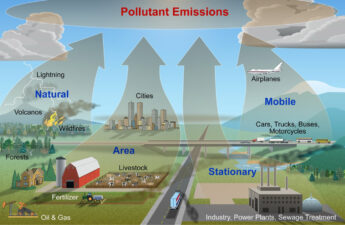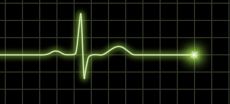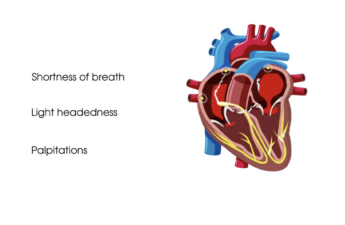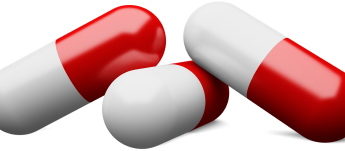Category: Cardiology
Chronic kidney disease often goes undiagnosed, but early detection can prevent severe outcomes
In the U.S., the biggest contributors to developing chronic kidney disease are high blood pressure and diabetes. Up to 40% of people with diabetes and as many as 30% of people with high blood pressure develop chronic kidney disease.
UW researchers develop test to predict preeclampsia
Researchers at the University of Washington School of Medicine and the Fred Hutchinson Cancer Research Center in Seattle have developed an approach that can predict preeclampsia in pregnant women as early as the first trimester by using cell-free DNA in blood samples. Such a screening test could enable earlier interventions and help prevent the severe complications of preeclampsia.
Why the WHO has recommended switching to a healthier salt alternative
the main lower-sodium salt substitute is called potassium-enriched salt.
This is salt where some of the sodium chloride has been replaced with potassium chloride. Potassium-enriched salt benefits our health by cutting the amount of sodium we consume, and increasing the amount of potassium in our diets.
Both help to lower blood pressure. Switching regular salt for potassium-enriched salt has been shown to reduce the risk of heart disease, stroke and premature death in large trials around the world.
Many people don’t measure their blood pressure properly at home – here’s how to get accurate readings
Measuring your blood pressure at home means you can take readings over several days to get a better picture of your health, instead of one-off measurements at the doctor’s clinic. But it’s important you follow specific steps to get an accurate reading.
Standing desks are bad for your health – new study
The phrase “sitting is the new smoking” has become popular in the past decade, highlighting the dangers of a sedentary lifestyle. Prolonged sitting has been associated with obesity, diabetes and cardiovascular diseases. In response, standing desks emerged as a trendy solution, offering a way to reduce sitting time without drastically changing daily routines. But was there solid evidence to support the benefits of standing desks?
AI inconsistently assesses cardiac risk from chest pain – UW study finds
Tasked to interpret data associated with patient complaints of nontraumatic chest pain, the ChatGPT-4 large language model performed poorly against two standard tools that doctors use to predict risk of a cardiac event.
What are the health costs of air pollution, and what can we do about it?
Have you ever noticed the hazy smog that hangs over cities or the lingering smell of exhaust fumes from traffic? These are just a few noticeable signs of air pollution, a threat that can have a significant effect on our health and well-being.
Your heart changes in size and shape with exercise – this can lead to heart problems for some athletes and gym rats
Exercise can significantly reduce the risk of developing conditions that affect the heart, such as high blood pressure, high cholesterol and obesity. But large amounts of exercise throughout life may also harm the heart, leading to the development of a condition called athletic heart.
It’s time for a heart-to-heart about women’s cardiovascular health, unique risk factors and symptoms
Although cardiovascular disease is often considered a disease of men, women are more likely to die from a heart attack when compared with men. This fact often surprises women and even their health-care providers. Many women are not aware that heart disease is a significant health threat to them, but the reality is that five times as many women die from heart disease as breast cancer.
This salt alternative could help reduce blood pressure. So why are so few people using it?
It’s hard for people to change the way they cook, season their food differently, pick low-salt foods off the supermarket shelves and accept a less salty taste.
Now there is a simple and effective solution: potassium-enriched salt. It can be used just like regular salt and most people don’t notice any important difference in taste.
Out-of-hospital cardiac arrests in King County spiked during pandemic, UW study finds
Out-of-hospital cardiac arrests rose by 19% and survival of those events fell by about 4% during the first two years of the COVID-19 pandemic. But acute infections of the SARS-CoV-2 virus appeared not to be a primary cause of the changes.
What is atrial fibrillation, the heart condition US President Joe Biden lives with?
More than 37.5 million people globally also have atrial fibrillation, but many don’t realise they have it. For most, the condition has few symptoms and does not limit daily life. However, identifying it and treating it is the only way to reduce its serious health consequences.
Acetaminophen vs ibuprofen — which works best and when?
Deciding which one you should choose is dependent on the type of pain you are experiencing. Sometimes it might be appropriate to take a medication that contains both drugs.
In the “Wild West” of Outpatient Vascular Care, Doctors Can Reap Huge Payments as Patients Risk Life and Limb
To move vascular procedures out of expensive hospitals, the government turbocharged payments to doctors’ offices. Instead of saving money, it started a boom that is making doctors rich and putting patients in danger.
Risk of rehospitalization in younger women after heart attack nearly double that of men
Higher rates of risk factors such as obesity, heart failure, and depression among women most likely contributed to the disparity.
